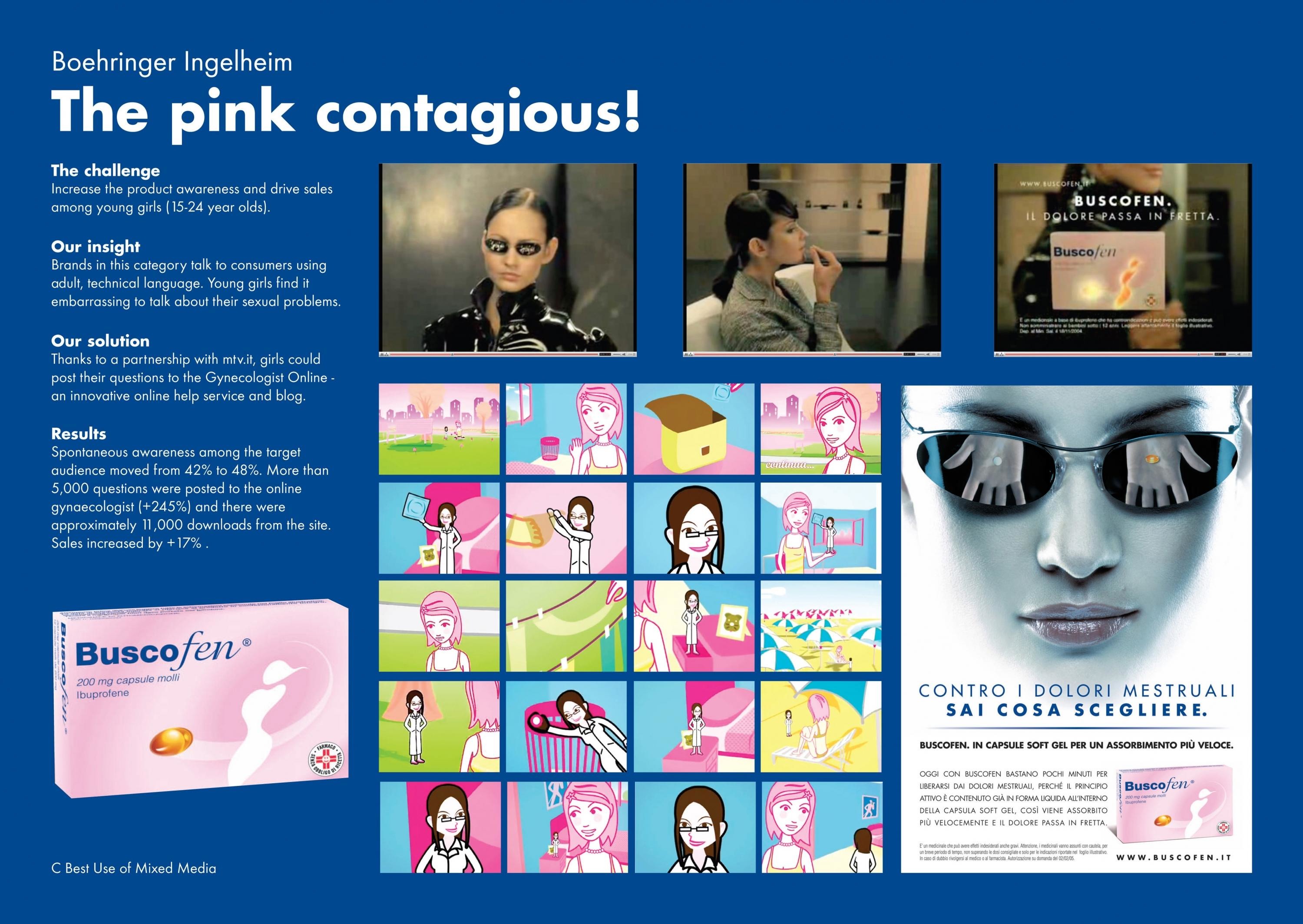Cannes Lions
Angel's Stopwatch App
KARMARAMA | PART OF ACCENTURE INTERACTIVE, London / BOEHRINGER INGELHEIM / 2019

Overview
Entries
Credits
OVERVIEW
Background
During a stroke, the brain starts dying at the rate of 2 million neurons every minute. The time it takes the patient to go from the hospital door to treatment, the “Door-to-needle” time, is critical to the patient’s recovery, quality of life and even life itself. Unfortunately, hospitals are not tracking this time or attempting to improve their process.
International guidelines recommend hospitals to reduce treatment time to below 30-minutes to achieve the best possible patient outcomes. Historically, most hospitals were coming in above 60-minutes. That’s too long.
So Boehringer-Ingelheim created The Angels Initiative with a mission;
• to increase the number of stroke-ready hospitals
• to optimise the quality of treatment in existing stroke centres
• to reduce ‘door to needle time’.
To achieve this mission, Angels needed a tool to motivate, monitor and reward hospitals on reducing their “Door-to-Needle” time.
Idea
The Stroke Stopwatch App
With treatment time so critical, Angels have designed a highly specialised app, based around a timer. It allows hospitals’ teams to measure their Door-to-needle time and get a better understanding of their performance in regard to stroke patient’s treatment.
The app is sophisticated and intuitive, purpose-built for the critical environment in which it’s used. The emergency team can time stamp each stage of treatment, add information about the case, and access a detailed history screen listing previous logs. The time stamps, like CAT scan and bloodwork, enables post-treatment analysis showing where the hospital can improve on their process. A report generated from the app allows hospitals to monitor and address their process performance and progress.
In the end, it allows Angel’s to harness all of the data it was collecting in the app to make real impact on patient outcome.
Strategy
As the app is for use in emergency situations, it had to function intuitively, and be easy to use without interfering with patient care. So our UX experts worked alongside hospital teams in South Africa to complete phased testing, and fine tuning the app’s efficiency. During user testing, feedback from healthcare providers was collected and implemented. These included adding features like audio commands to allow the user to focus on their task as hands-free as possible (as surgical gloves don’t work on touchscreens). Busy specialists could also add patient information manually once the emergency was over. We tested, listened and iterated constantly.
The timer points the way to better treatment by uploading the anonymous patient data to the Res-Q database. Res-Q, a non-profit stroke organisation, analyse this data, in partnership with Angels, to help hospitals make changes to their stroke care pathway and cut treatment time.
Execution
The mobile and tablet apps were rolled out in May 2018 in native iOS and Android across 53 countries and available in 30 languages on the app stores. Angels’ consultants worked with hospitals on training and implementation of the application as part of their program. This included dummy simulation runs.
We also introduced gamification to motivate app users to record their data and track progress. This includes awarding badges and recognition in the app for reduction in time. Angels also founded the ESO Angel’s Awards to acknowledge and honour teams based on their performance.
Hospital teams applied to the European Stroke Association with their app report summary. They were awarded with Gold, Platinum or Diamond status based on performance and recognized during the Annual ESO conference, adding a friendly level of competition. This official award can be used by hospital administration as a definite business objective.
Outcome
The initiative has been implemented in 2600 hospitals globally. In the first year, door-to-needle time was reduced by an average of 30%, even up to 60% in some units.
Over 700,000 cases of patient data have been reported to ResQ, helping Angels recommend best practices and improve the stroke care pathway. For example, if the time between in-take and the CAT scan time stamp was too long, the hospital could look to move the scanner closer to the ER.
There was also a secondary business benefit to Boehringer-Ingelheim. Even though Angel’s removed any focus on their stroke treatment brand, Actilyse, they found the initiative increased prescriptions of their product. This initiative not only increased engagement with HCPs and helped improved treatment processes, it ended up benefiting the sales target for Boehringer-Ingelheim.
But the stat that matters most: 200,000 patients’ lives were improved by the implementation of The Angel’s Initiative.
Similar Campaigns
12 items





